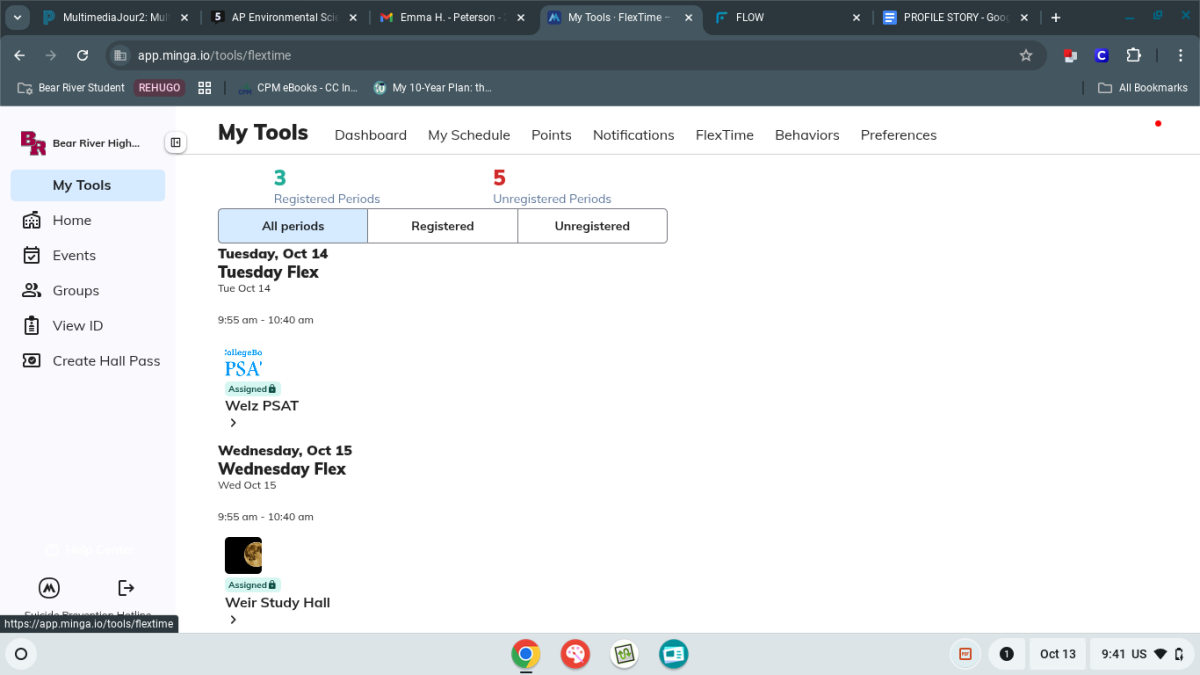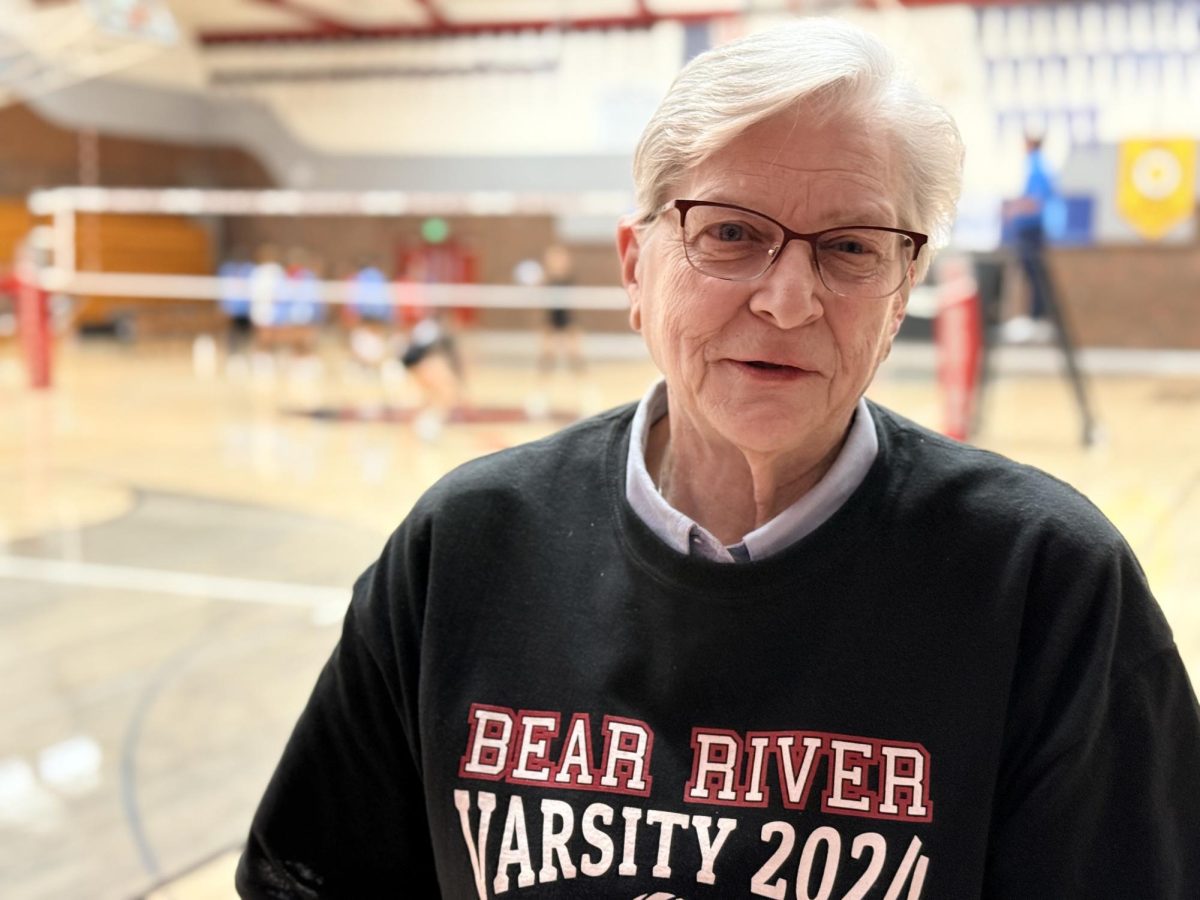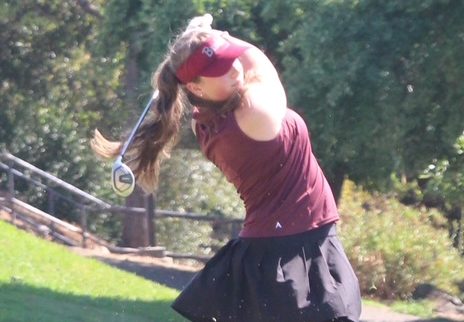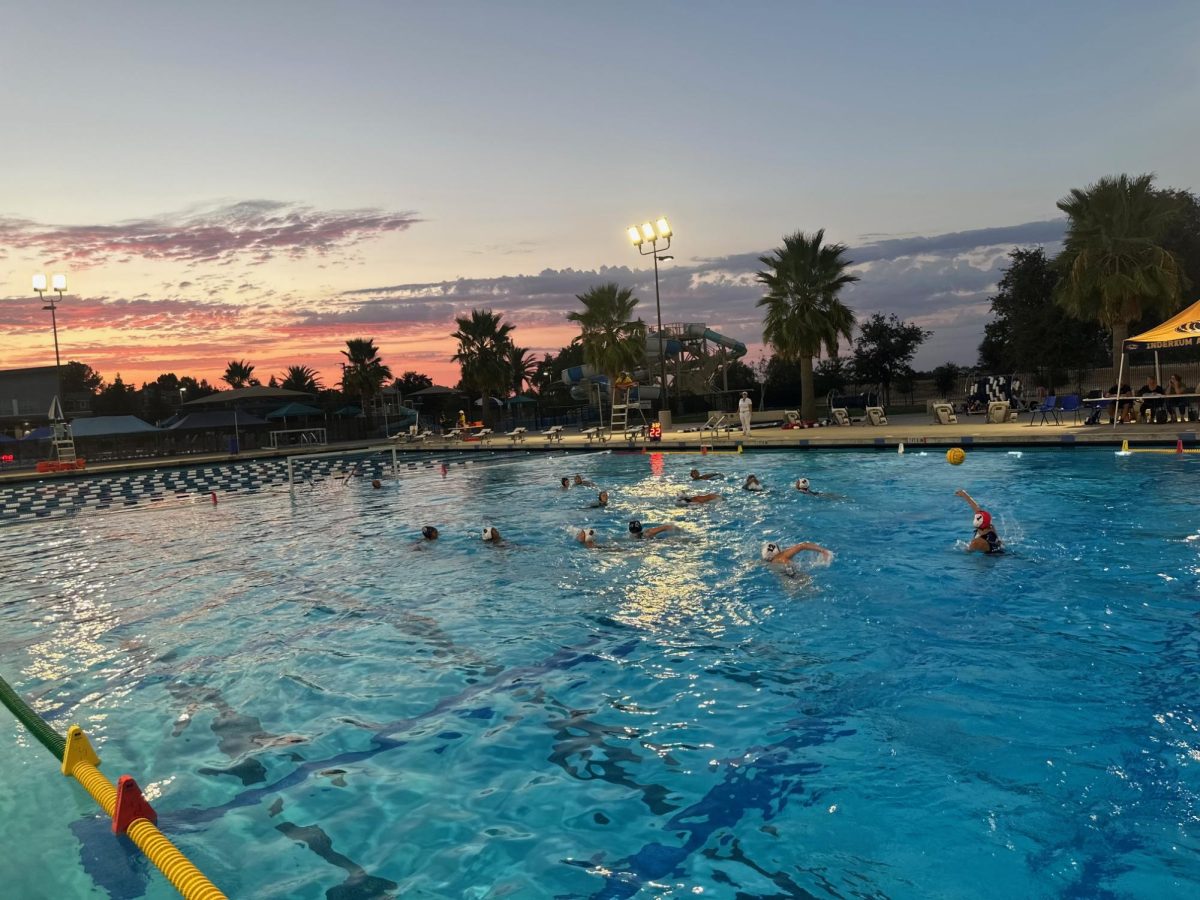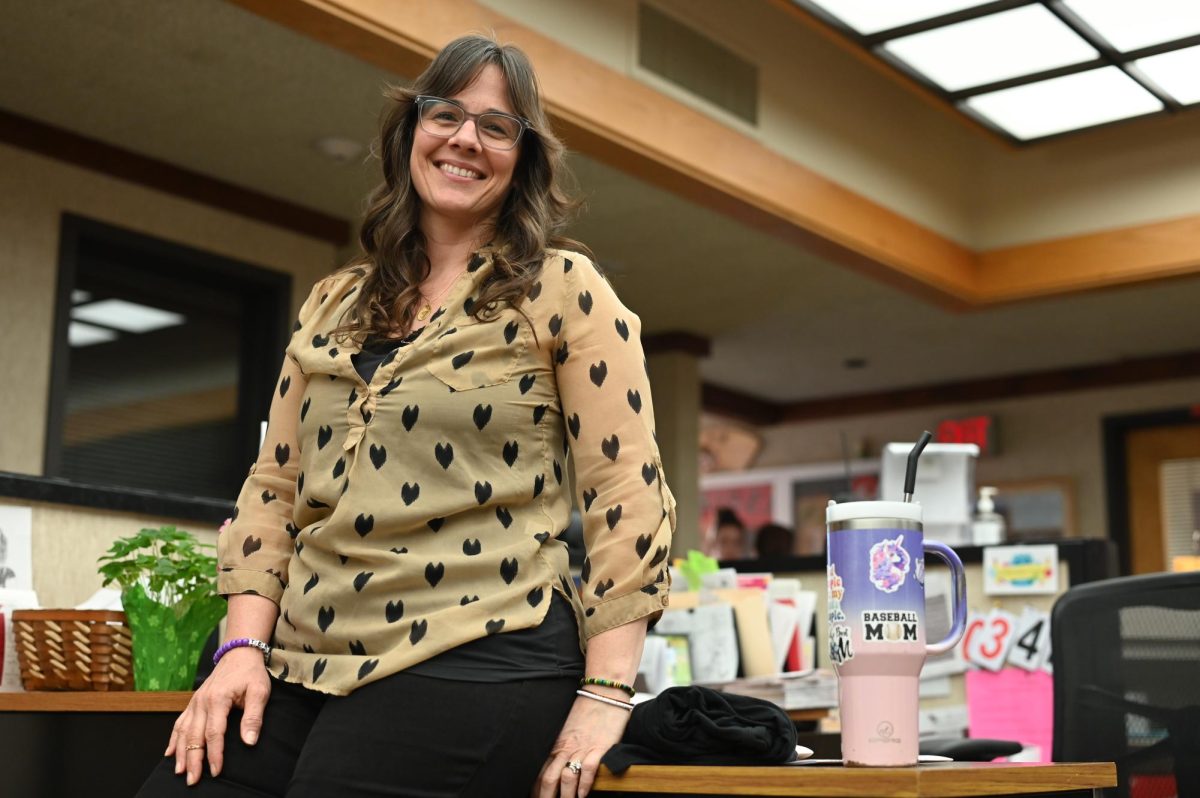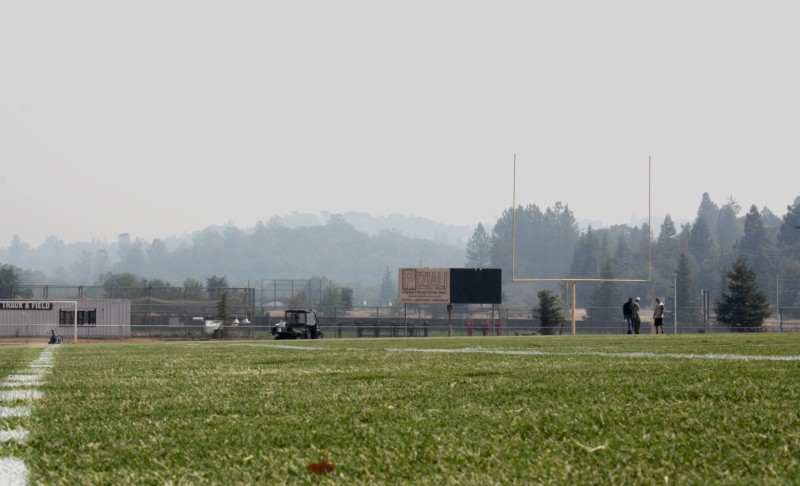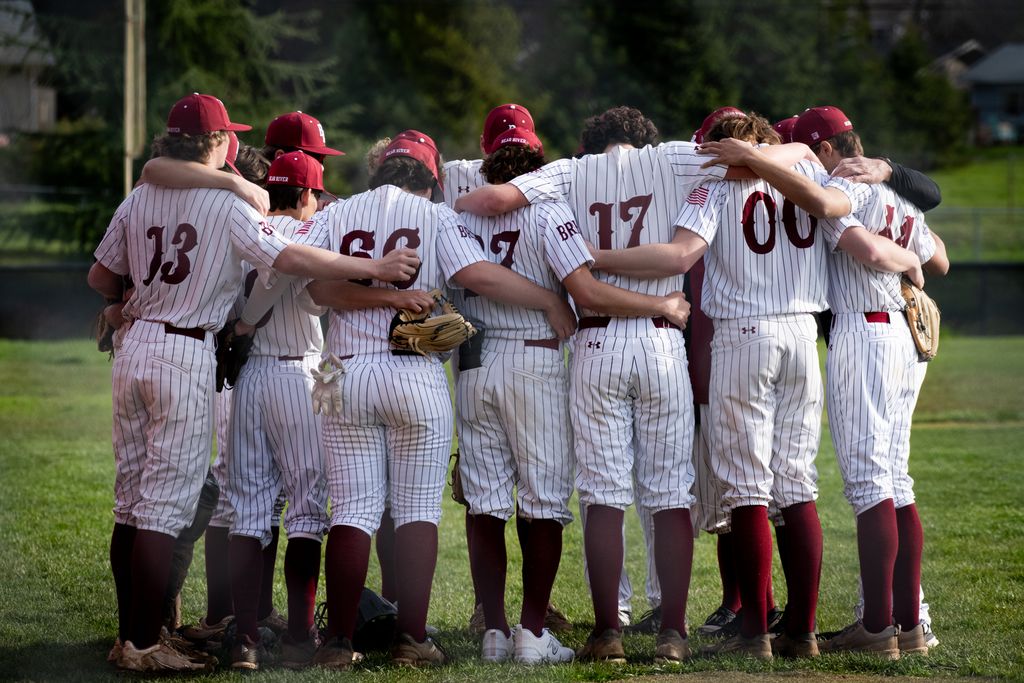Just as the school year began, outdoor athletics were postponed because of poor air quality resulting from fires in the surrounding area.
Despite the setbacks, students have been finding ways to stay active and condition for their sport.
Junior Robert Maple explained the changes football has made to continue practices despite the smoky air.
“Our team has had two types of practices while adjusting to the smoke,” said Maple. “One type of practice we have is where we watch film to study either what we could improve on from our previous [game], or we watch the film of our next opponent to study their plays and formation. It is worth to note that sometimes the air quality will drastically improve about an hour into practice. If it does, then we practice like normal. The second type of practice we have done is conditioning, where we do different activities to improve our shape.”
Athletic director Jeffrey Bickmore expressed approval for delaying sports due to the air quality.
“I do think poor air quality is a valid reason to cancel sports,” said Bickmore. Health and safety of our students/athletes is always the number one priority. Obviously, nobody wants to breathe pollutants into their lungs, especially while trying to perform strenuous activities. Poor air quality can cause breathing issues to all athletes but especially those with breathing conditions like asthma.”
Junior Aiden McCormick conveyed his opinion on the importance of staying conditioned despite the sport’s postponements.
“I am working out at home inside and doing the best I can to stay in [shape],” he said. “When missing practice and competing in a sport, in order to not lose so much progress, you must do things outside of practice, especially in times like these.”
Maple expressed the difficulty of time management between sports, school and home life, which can make it challenging to get extra practice in.
“I don’t do that much outside of practice for football because I pretty much just shower, eat, do homework, then go to bed,” he said. “The most work I do is studying our playbook to memorize my role, watching film, and occasionally working on my ability to catch the ball. I haven’t exactly started doing these things just because of the smoke interfering with practice, but it’s what I do at home for football.”
Junior Austin Phipps described how cross country has worked around smoke interference.
“Our coach Skyler [Mousley] has been having us do practices indoors,” said Phipps. “For cross country this involves walking over to the Generations Gym and biking with stretching breaks every five minutes or so. Since cross country has been doing practices indoors, we haven’t really been ‘missing practice’, moreso reformatting it to work indoors. On the days I have missed practice, I didn’t do anything really since it was still smokey outdoors at my house and my stationary bike was broken, but I could have (and probably should have) done some core exercises and stretches to stay in shape.”
Students tend to agree that the poor air quality is a justifiable reason for the postponement of sports, however, some believe that more should be taken into consideration before postponing practices
Senior Dylan Neuharth said not all sports are the same.
“I feel some sports should be considered more than others,” Neuharth said. “Like, why should water polo be canceled with heavy running sports like baseball and football?”
McCormick agreed with Neuharth, adding that conditions could vary depending on the person.
“I think it’s a valid reason to cancel practice to an extent,” said McCormick. “It depends on the smoke level and how sensitive you are to the smoke.”
Maple included that although he agrees with the protocol to some extent, some days should have been reconsidered.
“Even though it is very annoying, I do believe that smoke is a valid reason to halt practices, simply because it is just undoubtedly unhealthy. However, there are a few days when I think that there isn’t enough smoke to cancel practice,” he said.



